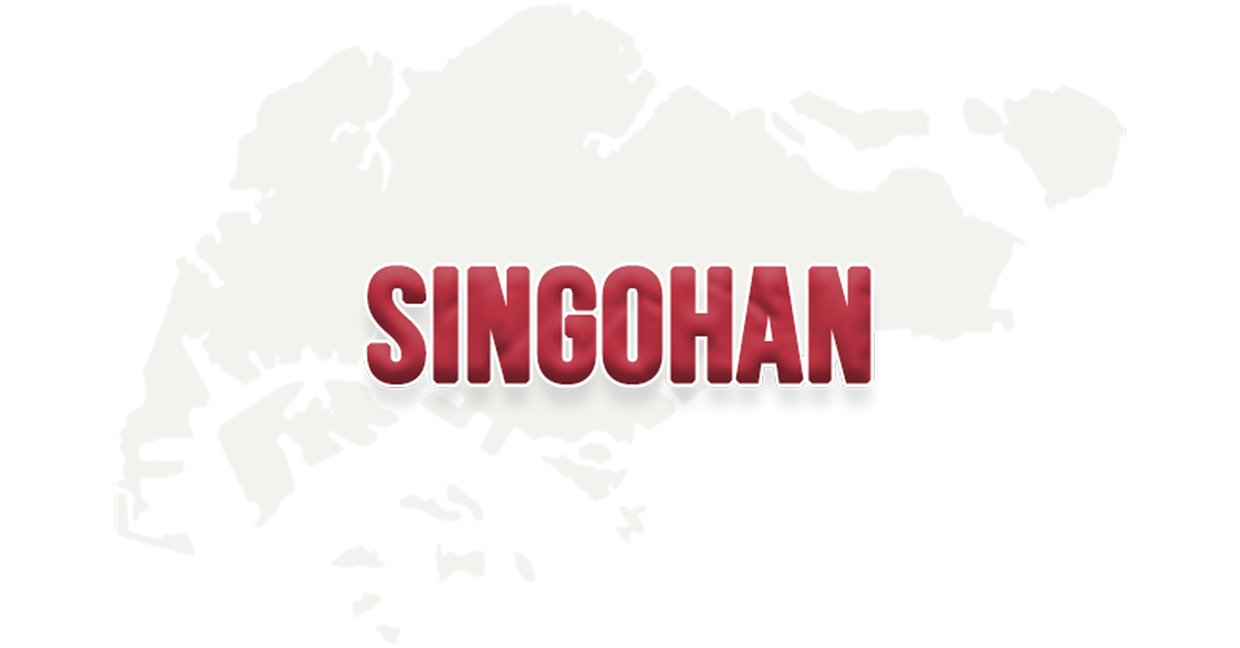Starting Your New Life in Singapore: Essential Steps for Banking, Mobile Plans, and Finding a Home

Planning a long-term stay or starting a new chapter in Singapore means getting your daily essentials sorted right from day one. Opening a bank account, setting up your mobile phone plan, and securing suitable housing are among the first critical tasks for newcomers. This guide offers practical advice and step-by-step explanations, highlighting what’s unique about Singapore and how you can settle in smoothly. Whether you’re an expat, a student, or a professional, here’s how to navigate these key procedures with confidence.
目次
1. How to Open a Bank Account in Singapore
A local bank account is vital for earning a salary, making payments, and managing your finances in Singapore.
1-1. Required Documents and Procedures
Major banks (DBS, OCBC, UOB, etc.) offer a wide range of accounts for both residents and foreigners. Commonly required documents include:
- Passport
- Valid visa or work pass (e.g., Employment Pass, Student Pass)
- Proof of address (tenancy agreement, utility bill)
- Employment letter or school admission letter
Opening an account generally requires an in-person visit for identity verification, though some banks are moving toward online onboarding. Minimum balance requirements and account maintenance fees vary, so check the bank’s terms carefully.
1-2. Points to Consider
Processing times can be longer for non-citizens, and different account types (savings, current) come with different features. Make sure to ask about internet banking, debit/credit card options, and any restrictions.
2. Mobile Phone and Internet Contracts
A reliable mobile connection is essential for both work and daily life in Singapore.
2-1. Main Options and How to Apply
You have two main choices:
- Prepaid SIM cards: Easily available at airports, convenience stores, and require only your passport.
- Postpaid contracts: Suited to long-term residents; require a valid work or student pass. Includes monthly plans with a variety of data options.
Leading telecom providers are Singtel, StarHub, and M1. eSIM services are becoming popular and often allow digital activation via app.
2-2. Contract Considerations
Be prepared to show your passport and permit at sign-up. Pay attention to minimum contract durations, early termination fees, and roaming/data plan options. If you have Wi-Fi at your home or office, a smaller data plan may be more economical.
3. Tips for Finding a Place to Live
Housing is one of the largest living costs in Singapore, so it’s important to approach your search strategically.
3-1. Common Types of Housing
- HDB flats: Government-subsidized housing with good value and community feel
- Condominiums: Private, high-rise units—often with amenities like pools and gyms
- Serviced apartments: Fully furnished, flexible stay—often pricier but convenient for new arrivals
3-2. How to Search and Secure a Place
Popular property sites (e.g., PropertyGuru, 99.co) and real estate agents are the main channels. Always visit the property in person, negotiate the rent, and carefully review the lease agreement—clarifying deposit amount, furnishing, and what’s included (utilities, internet, etc.). Upfront payment of deposit and first month’s rent is standard.
3-3. Important Points
Narrow down your preferred neighborhood, prioritize proximity to work or school, and inspect the unit carefully for maintenance and security. Take time to compare several listings before making a decision.
Conclusion
Preparing for life in Singapore involves unique procedures, but getting organized and gathering the necessary documents will make your transition much smoother. From opening a bank account and securing a mobile plan to finding your ideal home, this guide provides you with essential steps and local tips. Embrace your new adventure in Singapore with confidence and make the most of your new surroundings!
(Photo by Unsplash.com)




